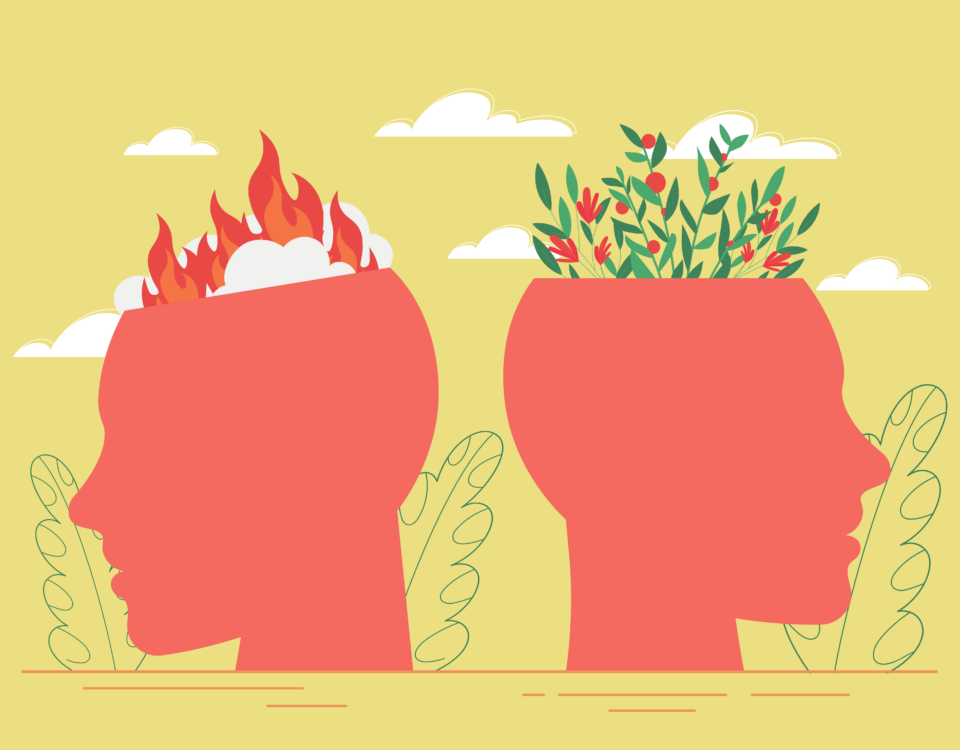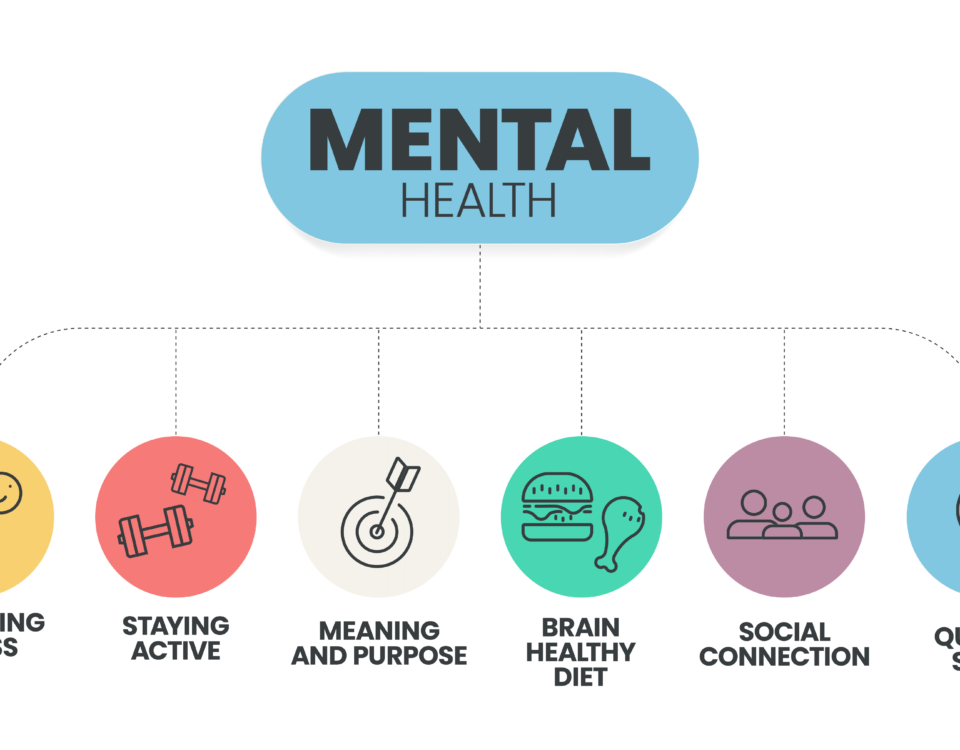Unipolar depression, clinically known as major depressive disorder (MDD), is a prevalent mood disorder that affects approximately 21 million adults (8.3%) in the United States at some point in their lives. While fleeting feelings of sadness are a natural part of human experience, persistent and severe depressive episodes may signal a more serious mental health condition. In this article, we will delve into the intricacies of unipolar depression, its symptoms, how it contrasts with bipolar depression, and the most effective treatment approaches. A thorough unipolar depression diagnosis, including physical exams and psychiatric assessments, is crucial for understanding the patient's symptoms and ruling out other health issues.
What is Major Depressive Disorder?
Unipolar depression, also referred to as major depressive disorder, major depression, or clinical depression, is characterized by a pervasive low mood and a significant loss of interest or pleasure in activities that were previously enjoyable. Unlike other mood disorders that involve fluctuations between highs and lows, unipolar depression is marked by its sustained lows and the absence of manic or hypomanic episodes. In contrast, bipolar disorder includes both manic and depressive episodes, making accurate diagnosis crucial as treatment approaches can vary significantly between unipolar and bipolar disorders.
The causes of unipolar depression are complex and multifaceted, involving an interplay of biological, psychological, and social factors. Biological research indicates that alterations in brain function and structure, particularly in areas that regulate mood, can contribute to unipolar depression. Neurotransmitters, such as serotonin, play a crucial role in mood regulation. Serotonin imbalances are strongly linked to depressive symptoms. Low serotonin levels can lead to prolonged periods of sadness and a persistent depressed mood, and chronic deficiencies may exacerbate the severity and duration of depressive episodes.
In addition to biological factors, psychological influences such as cognitive distortions, low self-esteem, and negative thought patterns contribute to the onset and persistence of unipolar depression. Social factors, including stressful life events, childhood trauma, and ongoing interpersonal conflicts, can also play a significant role.
Getting into treatment is easy with our free insurance verification
"*" indicates required fields
Unipolar Depression Symptoms and Signs
Unipolar depression manifests through a range of unipolar depression symptoms that significantly impact daily functioning. To be diagnosed with unipolar depression, an individual must experience at least five of the following symptoms nearly every day for a minimum of two weeks:
- Persistent Sadness or Irritability: A constant feeling of sadness, emptiness, or irritability that affects daily activities and interactions.
- Loss of Interest in Activities: A marked disinterest in previously enjoyed activities, including hobbies, social interactions, and work.
- Sleep Disturbances: Changes in sleep patterns, such as insomnia (difficulty falling or staying asleep) or hypersomnia (excessive sleeping).
- Appetite or Weight Changes: Noticeable changes in appetite or weight, either significant weight loss or weight gain.
- Restlessness or Agitation: Feelings of restlessness or agitation that may manifest as an inability to sit still or constant pacing.
- Feelings of Worthlessness or Guilt: Intense feelings of worthlessness or guilt that are disproportionate to the circumstances and often irrational.
- Cognitive Difficulties: Problems with concentration, decision-making, or memory, which can interfere with work and daily tasks.
- Suicidal Thoughts or Self-Harm: Recurring thoughts of death, self-harm, or suicide, which require immediate attention and intervention.
Unipolar depression can co-occur with other mental health conditions, emphasizing the need for comprehensive care involving medication, lifestyle changes, and support from therapists and community.
The risk factors for developing unipolar depression can be categorized into biological, psychological, and environmental domains. On a biological level, factors such as chronic stress, a family history of depression or mental illness, and hormonal changes can increase susceptibility. Psychologically, individuals with a history of trauma, abuse, or significant life stressors may be at higher risk. Environmental factors, including ongoing relational conflicts, significant health challenges, or bereavement, can also precipitate depressive episodes.
Effective Treatments for Unipolar Depression
Advancements in mental health care have significantly improved unipolar depression treatment. Effective management strategies typically involve a combination of pharmacotherapy and psychotherapy. It is important to consult healthcare professionals for tailored unipolar depression treatment.
- Medications: Antidepressant medications are commonly prescribed to help regulate neurotransmitter levels and alleviate symptoms. Antidepressant medication plays a crucial role in balancing neurotransmitter levels to improve mood and functioning. Selective serotonin reuptake inhibitors (SSRIs) and serotonin-norepinephrine reuptake inhibitors (SNRIs) are among the most frequently used medications.
- Psychotherapy: Cognitive-behavioral therapy (CBT) and other forms of psychotherapy are highly effective in helping individuals understand and manage their depression. Psychotherapy is particularly important for individuals with severe depression. Therapy focuses on identifying and altering negative thought patterns, developing coping strategies, and addressing underlying issues contributing to the disorder. Combining medications and psychotherapy yields better results to treat unipolar depression. Primary care doctors and psychiatrists play a vital role in treating unipolar depression.
Unlike bipolar depression, unipolar depression is characterized solely by depressive episodes.
At Banyan Treatment Centers in Florida, we provide comprehensive inpatient mental health care tailored to the needs of individuals struggling with unipolar depression. Our skilled and compassionate team of therapists and mental health professionals work closely with patients to develop personalized treatment plans. These plans include evidence-based therapies and support mechanisms designed to foster recovery and promote long-term well-being.
If you or a loved one is experiencing symptoms of unipolar depression, seeking professional help is crucial. Banyan Treatment Centers in Florida offer specialized care to support recovery and improve quality of life. Call Banyan Treatment Centers today at 888-280-4763.
Related Reading:
How to Help A Depressed Spouse
Signs of Antidepressant Abuse
Source:
- NCBI - Major Depression








